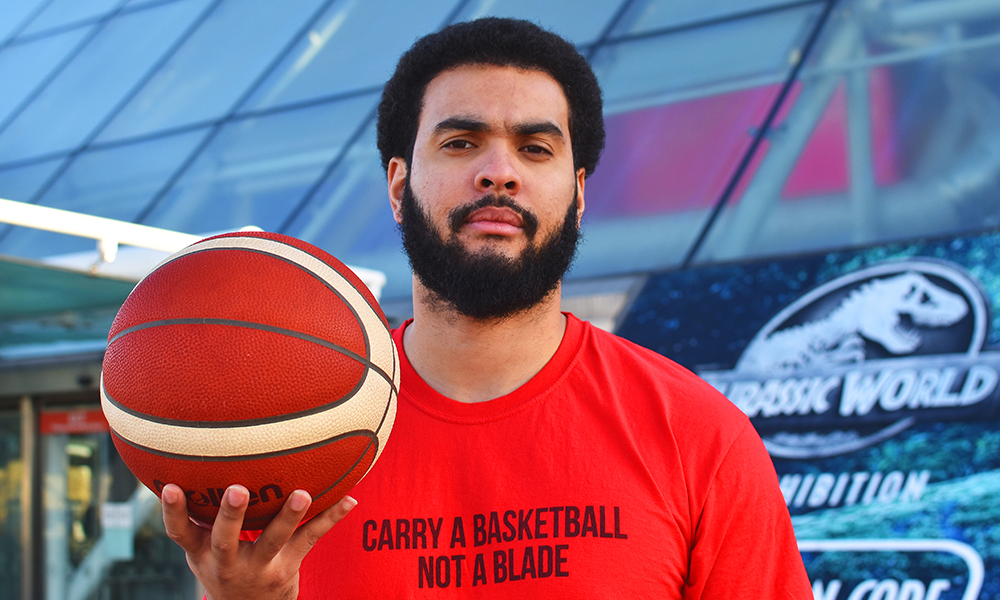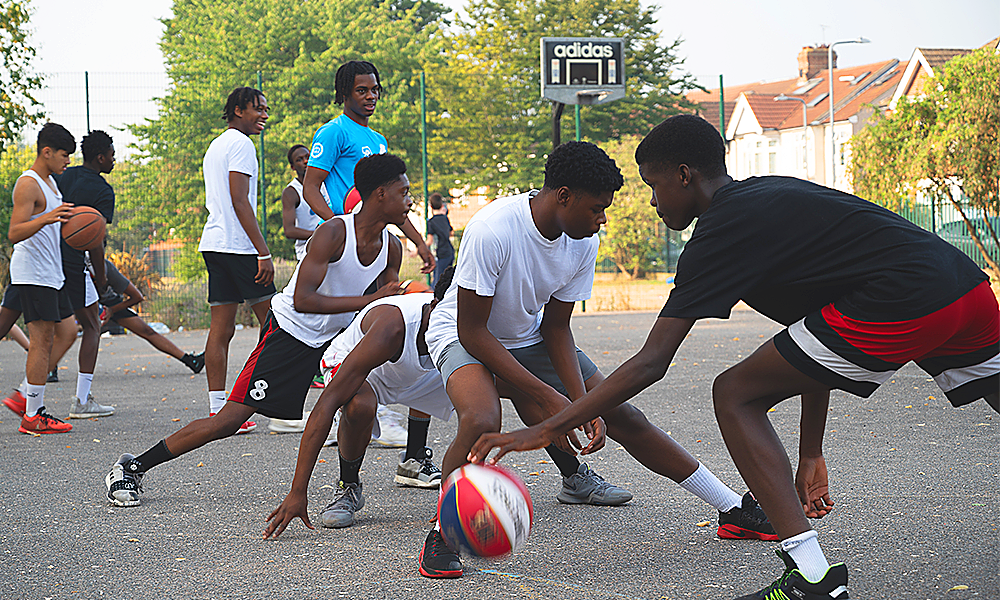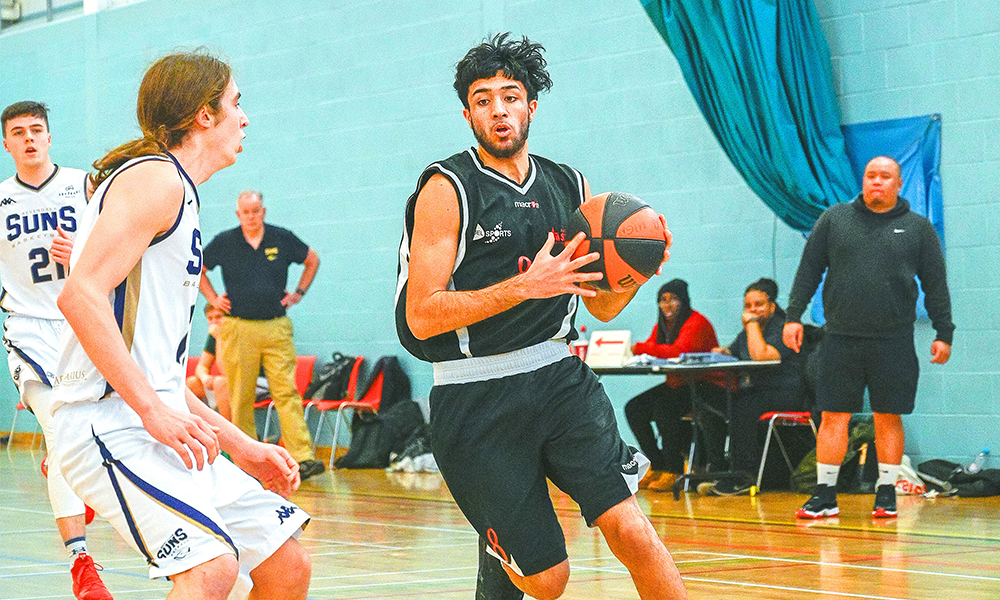Newham All Star Sports Academy contest with police marks 15 years of CABNAB partnership
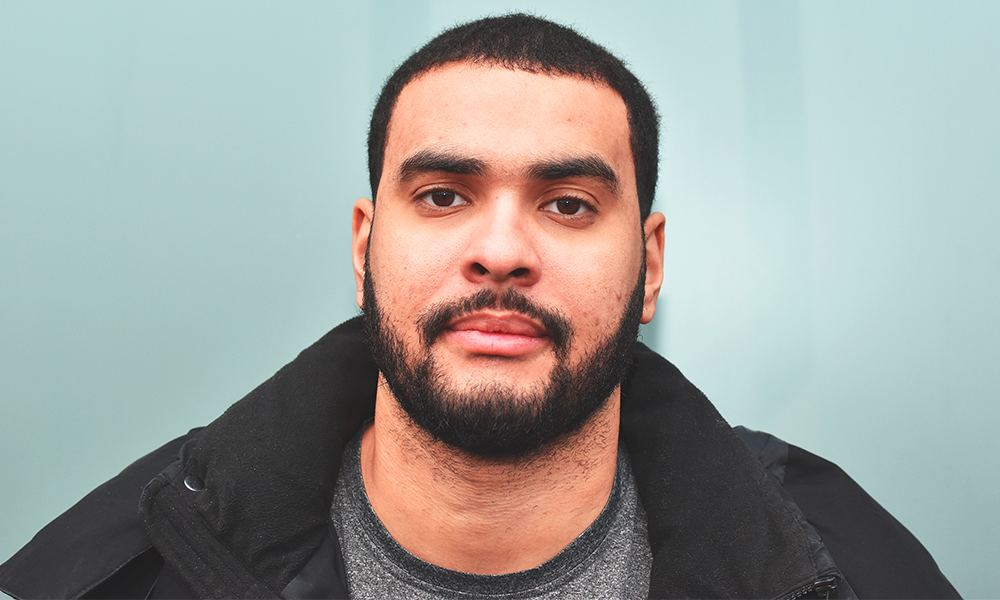
Subscribe to our free Wharf Whispers newsletter here
At 5.30pm a game of basketball will begin at UEL Sports Dock on January 25, 2024.
But the players will be doing more than making passes, shooting hoops and competing.
It’s not the first time that a team from Newham All Start Sports Academy (NASSA) has taken on a squad of serving Met Police officers.
But this year is the latest in a series of events marking the 15 years of partnership between the two organisations.
Son of NASSA founder Natasha Hart – Anthony Okereafor – founded Carry A Basketball Not A Blade (CABNAB) in 2008 following the fatal stabbing of two of his friends within weeks of each other.
Its programme reaches thousands of young people each year, alerting them to the dangers of knife crime and carrying knives through basketball coaching and question and answer sessions.
The annual game is held to show the strength of organisations working together in the community, but also to remember those who have died as a result of knife crime locally during the year – with a hoop shot for every life lost.
“We come together to play a game of basketball, but the most important part of it is remembering those lives,” said Anthony.
“The event allows people in the community to see Met officers as human beings.
“It helps to break down the barriers for young people – to show them police officers enjoy sport just as they do.
“Trying to build a safer community isn’t just about removing the knives.
“It’s about making sure the right relationships and structures are in place to try to reduce the number of people who fall through the gaps.
“The game is common ground, it changes the dynamic.
“One of the things NASSA and CABNAB participants say is that when they meet officers in these settings they talk and have conversations and that’s something to build on.”
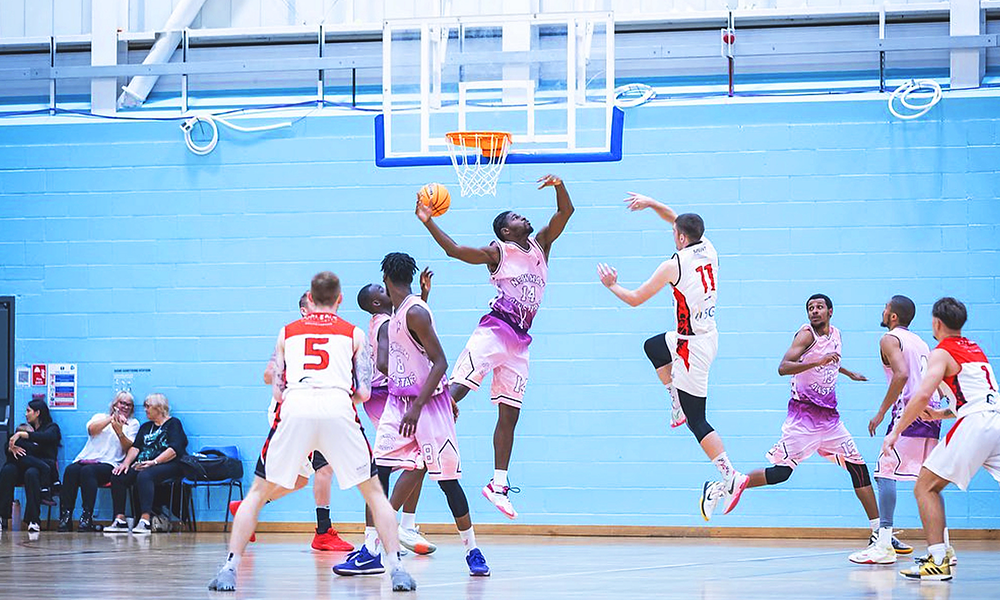
That’s also something the Met is looking forward to with Chief Superintendent, Simon Crick, set to take part in his first game against NASSA since taking over as borough commander for Newham and Waltham Forest.
“It’s the engagement with young people and the diversion away from anti-social behaviour that’s so important,” said Simon, who began his career as a police constable in Newham.
“This part of London has seen more than its fair share of homicides and violent incidents over recent years and I’m really supportive of what NASSA and CABNAB are trying to do.
“Having been down to Sports Dock and seen all of the things the charity has achieved, it’s really good for us to be a part of it and to try and do something positive with young people. It’s really empowering.
“As for the game itself, we’ll get annihilated, without a doubt – I’m sure.
“I’m really looking forward to the game – anything that we can do to show a willingness to engage with young people, work with them and have a bit of fun, is really positive.
“Building relationships is what it’s all about – there’s too much animosity, so we need to do more of that.
“Alongside me, some of my senior leadership team will be playing and they understand the need to engage with young people.
“There will also be some neighbourhood officers in there, whose purpose and role in life is to do that – to support young people and divert them away from crime and anti-social behaviour.
“I think it will be really empowering for our officers – it always helps build that trust, whenever something is fun for those taking part, and it will help make their jobs easier.
“The uniform can be seen as a barrier sometimes and, if people can see you’re human through playing sport, that’s really important.”
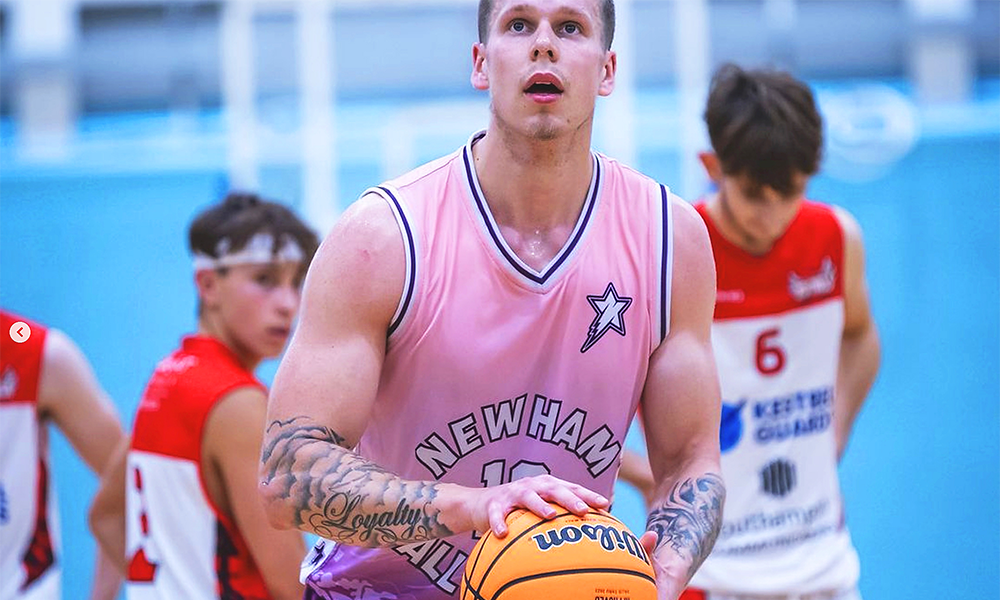
For NASSA and the young people that participate in its programmes, the game is a chance to explore those relationships and find some parallels.
Anthony said: “When people put on a uniform, there’s a certain reputation they have to uphold.
“When we play basketball, we put on a uniform and we preach that to our young people – it’s the same with school uniforms.
“When wearing them, you have to represent certain things, to look at the bigger picture of what that means, how you carry yourself and the importance of that.
“There is a natural tension with the Met, but police officers are also the first responders – they are the people you call when you’re in trouble and they also go through traumas related to the work they do.
vWhen the officers are playing, you don’t see that tension with the young people and that’s a seed that can be planted to grow into something better.
“Who knows, one of our young people might end up saying they want to join the police themselves.
“I’ve never worked for the police, but I can imagine officers are always on high alert for themselves and those around them as they work to keep people safe.
“This game is an opportunity for them to let their hair down – a bit of a break in a safe place and a chance to communicate with young people.”
With a reduction in youth services locally, that’s a welcome prospect for Simon and his colleagues.
He said: “There’s a lack of youth engagement opportunities following austerity – we saw huge cuts to many of those services locally and what NASSA does is phenomenal – bringing young people together locally.
“It gives them the ability to work as a team, to enjoy themselves, to get fit and have fun.
“It gives them somewhere to go and a sense of purpose.
“Having young kids myself, I know how important sport can be when they’re growing and everything is changing in their lives.
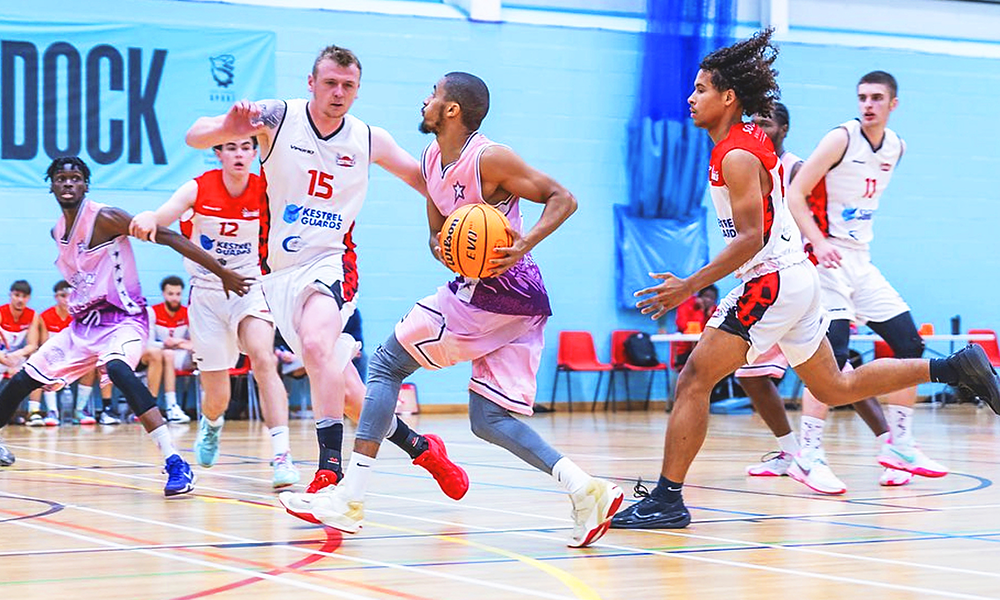
“That continuous focus around sport can be crucial.
“NASSA also provides a sense of family – speaking to Natasha, you really understand it’s a close knit organisation and people coming into it will really feel that.
“That’s important because I think lots of young people feel very alienated in the modern world. What NASSA does is very powerful.
“Knife crime is an issue that goes far beyond the police.
“We deal with situations where people are on the street carrying knives or when they’ve been the victim of a homicide or serious assault.
“There are things we do – very well planned and coordinated partnership activities – to try and reduce offending.
“But tackling this issue starts a lot earlier than that. It often begins in the home with good parenting and at school with education.
“There are so many factors that play into it.
“Where we’ve seen success across the country and across the world, has been when a public health approach is taken.
“That’s where numerous partners including charities, police forces and other organisations, come together to look at all the different factors that feed into knife crime, such as deprivation
“This game is a good example of how we’re trying to reach out and encourage young people to be part of that.
“We’re a long way from solving the problem, but we’ve recognised as a service that only a partnership approach will address it.
“If you speak to young people and ask them why they carry knives, a lot of them would say they are for self defence or to make sure that they are safe.
“If I had a magic wand it would be used to make people not feel unsafe or at risk so they wouldn’t feel the need to carry a knife.
“That’s the ultimate aim – it’s difficult to achieve that because of all the factors that affect it.
“For a young person to say they need to carry a knife to feel safe speaks volumes and that’s that we need to address first.”
- While the game on January 25, 2024, is not open to the general public, organisations or individuals who would like to support NASSA can get in touch with the charity and may be able to attend.
Support from businesses, either financial or through volunteering is welcomed so NASSA and CABNAB can continue their vital work.
Find out more about NASSA and CABNAB here
Read more: How Canary Wharf’s Creative Virtual is taming the voice of AI
Read Wharf Life’s e-edition here
Subscribe to our free Wharf Whispers newsletter here
- Jon Massey is co-founder and editorial director of Wharf Life and writes about a wide range of subjects in Canary Wharf, Docklands and east London - contact via jon.massey@wharf-life.com




